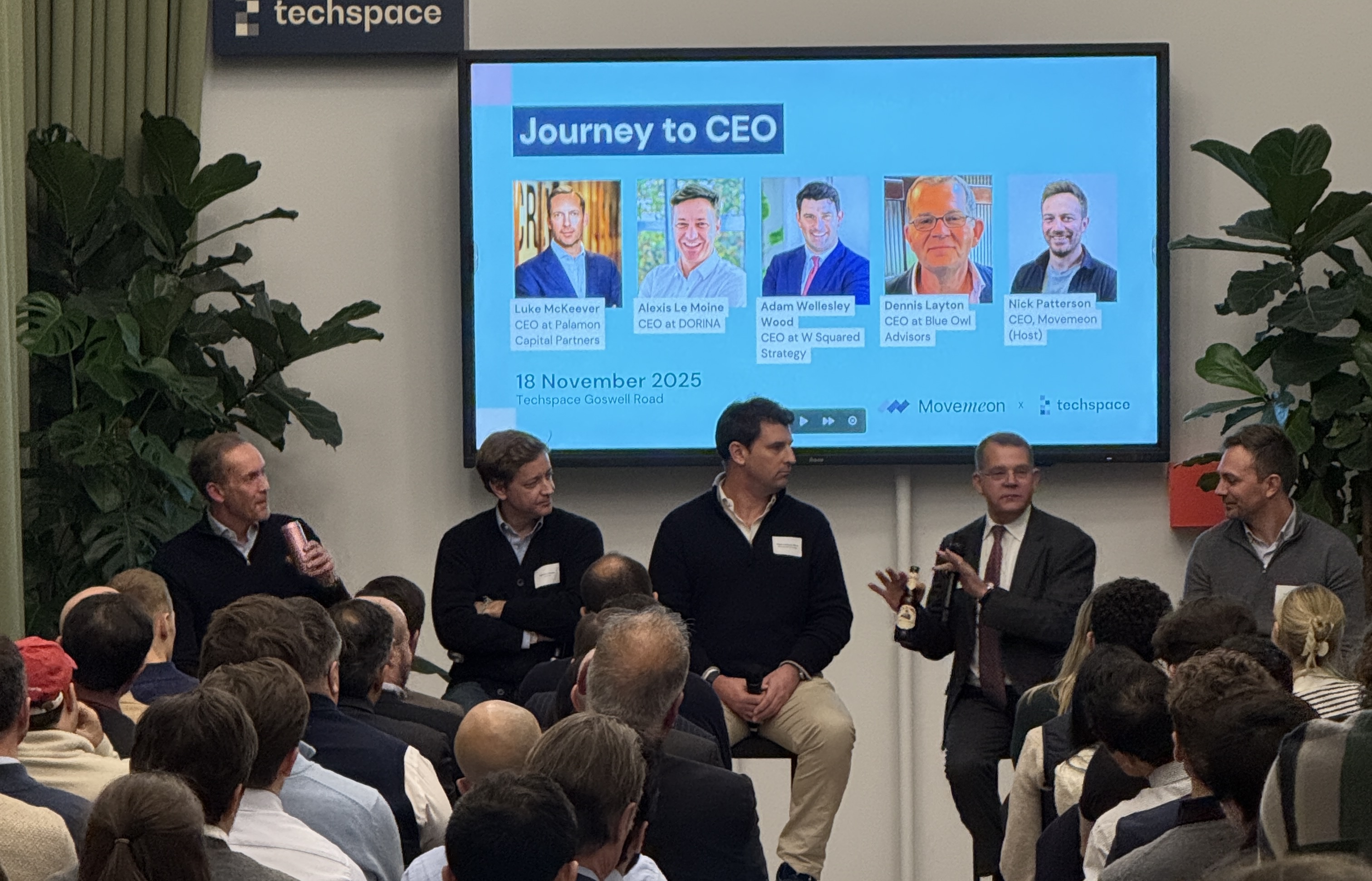Freelancers are happier, work fewer hours & are paid better
Quality freelance consultants are happier - they specifically choose clients and projects - click here to see why that’s good news for hiring them

Table of contents
Tags
Subscribe to our Newsletter
Freelancers are happier, work fewer hours & are paid better
Since starting movemeon, we’ve noticed a trend of increasing interest in freelance consulting. In our first year of operating, just 20% of our members were interested in hearing about freelance roles. In the start of 2019, this has more than doubled to just under 50%.This increased interest has driven increased quality. There have been some, often well talked about, structural changes that have supported this:
- Acceptance of new ways of working, and a change in expectations that people show long-term loyalty to a company
- Increase in the number of people setting up their own businesses
However, in this article, we wanted to dig a bit deeper into why people were being increasingly drawn to freelancing.
Our survey
We run an annual compensation survey for consultants and alumni. After a number of requests for more transparency in the market, this was our first year in sending a separate survey to freelancers.The conclusions were stark:
- Freelancers are happier at work
- Freelancers are happier with their pay
- Freelancers work fewer hours
1. Freelancers are happier at work
We asked ex-consultants in full-time and freelance roles, how satisfied they were with their jobs. Freelance consultants averaged at 7.5 out of 10; those in full-time roles just 6.9.Given the size of the sample, this is a huge difference, and allows the simple conclusion – freelancers enjoy work more.In terms of why this is, there have been a few trends in the responses we’ve received:
- Control over what work you do: you get to decide not only who your clients are, but also what projects you do
- Control over when you work: just as importantly, many have cited the ability to control when they work as a key driver of satisfaction; work can fit around you and your schedule
- Less admin/ bureaucracy: many have mentioned they can concentrate on their project work without the internal admin/ bureaucracy to navigate
2. Freelancers are happier with their compensation
Whilst the average happiness of compensation was below that of job satisfaction (it was ever thus!), there are still stark differences. People in full-time roles averaged 6.6 out of 10 for satisfaction with their compensation; freelancers were 7.2.Across our respondents, the average compensation received from freelancing in the year was £118k, however, this encompasses a broad range of annual compensations from £15k to £227k.Unsurprisingly, utilisation (number of days worked as a percentage of total working days in a year) was the main driver of the differences, with the following distribution:
- Lower quartile utilisation: 44% (110 days)
- Median utilisation: 64% (160 days)
- Upper quartile utilisation: 80% (200 days)
3. Freelancers work fewer hours
An additional factor in the satisfaction of both compensation and work is the average hours worked per week. Freelancers worked 20% fewer hours per working week than full-time employees: 41.2 vs 51.3 hours.Interestingly, respondents suggested this wasn’t the result of fewer hours on client sites; instead, it was a direct result of:
- Being closer to the end client and being more aware of the required deliverables (i.e., increase in effectiveness as you lose the layers of communication)
- Less admin than in larger businesses
It was likened, by a few, to “agile delivery”.
Why should employers be happy about this
In one word – quality.When you’re procuring consulting support, it’s because there is a large potential opportunity. The biggest determinant of how much of that opportunity is realised is the quality of the work.The structural changes mentioned in the introduction laid a great foundation for freelancing to be accepted as a career choice. However, the numbers in this article show why it’s being seen as such an attractive career choice: freedom, fairer compensation and a more balanced lifestyle.It’s these changes that are the driving force between the quality of freelance consultants that we’re seeing in the marketplace. Gone are the days where freelance offered an alternative for someone who had been “managed out” of consulting – the new breed of freelance consultants have made the active decision to be freelancers. Whether it’s a temporary choice (between roles; whilst starting a business up) is irrelevant; the more important fact is it’s seen as more prestigious and attractive as a career choice.Businesses are therefore increasingly able to hire consultants who have not only been trained up by top consultancies but are their top performers. All at a fraction (20-30%) of the cost they would have hired them through a consultancy.
Where Talent Meets Opportunity
Our exclusive network use us to find job that fit their skills, and thousands of Employers trust us to hire exceptional talent. Choose the path that matches your goals - start exploring or start hiring.
Our latest articles
We regularly publish up-to-date articles to keep you up-to-date on the market and our work.
.png)
A record quarter for Private Equity deals sees a sharp hardening in the hiring market
Talent supply tightens as PE demand surges: Inside Q4’s hardest hiring market in two years, where Private Equity accelerates, scale-ups hold steady, and Large Enterprises struggle to attract strategy and transformation talent.

What we can all learn from Private Equity about talent - McKinsey, HBR and our analysis
Private Equity has become one of the most influential forces in business, outperforming public companies through disciplined value creation and exceptional talent strategy. This article explains how PE achieves its results and why demand for ex-consulting talent is rising across the industry.
Join our exclusive global community
Receive exclusive data & insights on pay, benchmarking, and industry interviews to build a career that’s right for you.
Create an account today and start searching roles in under five minutes.






